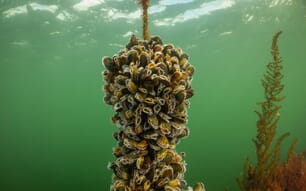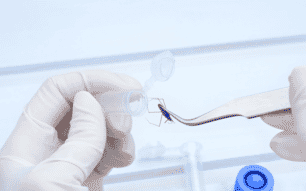The Spanish public are being cheated by a seemingly pervasive and dangerous form of commercial fraud: Different species including cheaper fish such as catfish from Viet Nam and grenadier from the Pacific Ocean are sold as hake in markets across Madrid.
A DNA study commissioned by the ICIJ in July found that nearly one in 10 fish were mislabeled.
A study completed last year by the same scientists found mislabeling in nearly 40 per cent of samples.
Some of the revealed cases are really cheeky and shockingly blunt attempts to fool consumers, said the European Commissions top fisheries DNA expert Jann Martinsohn, who reviewed ICIJs methodology and findings. And worse, they are not unique.
Hake is big business in Spain, where sales exceed 1 billion a year. Mislabeling could bump the bottom line of companies that pass off cheap fish as higher-quality fillets, and may even mask illegal fishing, marine biologists and economists say.
The European Union has strict regulations requiring that a paper trail follow fish from ship to shop. But the law doesnt require that inspectors implement DNA testing to verify accurate labeling.
In response to the ICIJ's findings, Europes top department store El Corte Ingls pulled a batch of more than a ton of mislabeled fish from its shelves.
The majority of markets that carried mislabeled fish attributed the problem to human error. And every one of the eight shops where ICIJ found mislabeled samples said it was a one-time occurrence.
Further Reading
|
| - | Go to our previous news item on this story by clicking here. |


